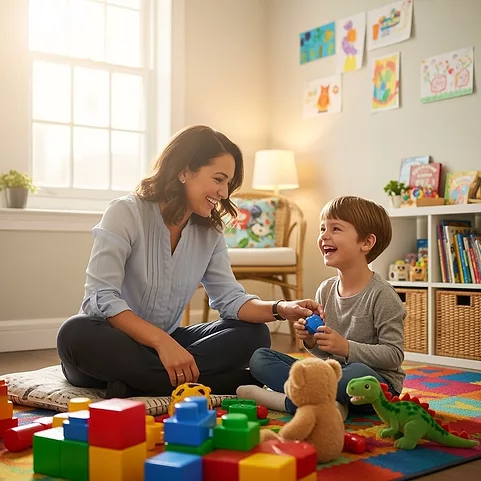Study of Cortisol Looks at Youths at Risk for Psychosis
Could the presence of a stress hormone in an adolescent’s saliva predict a risk for psychosis? recent research suggests that it can.In an observational cohort study, researchers assessed salivary cortisol secretion in 33 patients, ages 12 to 25, at clinical high risk (CHR) for psychosis. Of the patients, 21 were medication free and 12 were taking an ssri and/or atypical antipsychotic. The 33 patients were compared with 13 healthy controls.
One theory is that stress contributes to the development of psychosis in schizophrenics through the effects of the hypothalamic pituitary adrenal (HPA)axis, and interaction of cortisol with dopaminergic neurotransmission and hippocampal circuitry.
This study backed up that theory. Researchers concluded that their finding of elevated cortisol secretion levels in chr patients supports the premise that excess activation of the hpa axis and/or neuroendocrine abnormalities characterize the psychosis risk state for at least a subset of patients. The study also shed light into the role that medications can play in helping prevent psychosis. researchers found that basal salivary cortisol secretion was significantly higher in chr patients who were not taking medication, compared to chr patients taking medications and to healthy controls. That finding suggests that psychotropic medications may have a normalizing effect on hpa-axis dysfunction in patients, which could potentially influence intervention strategies.
Researchers noted several study limitations including its small sample size, a predominantly male sample, and single measure cortisol sampling (Sugranyes G et al, J Psychiatr Res 2012; online ahead of print).
CCPR’s Take: This study demonstrates correlation of cortisol and risk of psychosis, but what that means remains to be seen: what’s chicken, what’s egg, and what is just stuff that happens to be in the same coop? if high stress levels can precipitate psychosis in vulnerable individuals, though, then perhaps there is an opportunity for prevention.
Newsletters
Please see our Terms and Conditions, Privacy Policy, Subscription Agreement, Use of Cookies, and Hardware/Software Requirements to view our website.
© 2025 Carlat Publishing, LLC and Affiliates, All Rights Reserved.


_-The-Breakthrough-Antipsychotic-That-Could-Change-Everything.webp?t=1729528747)



